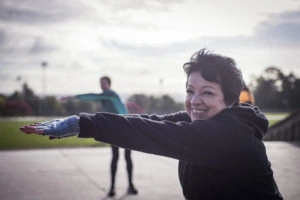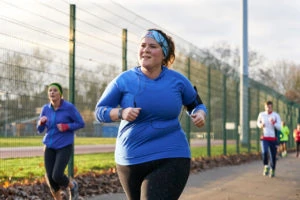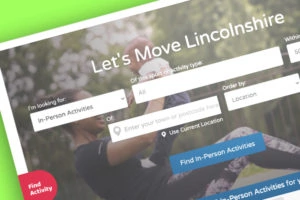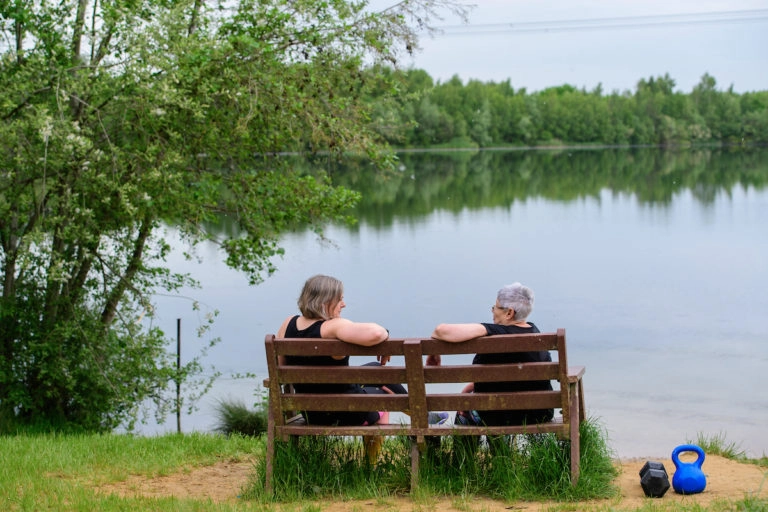A recent study by The Stress Management Society found that 65% of people in the UK feel more stressed since the Covid-19 restrictions began in March 2020 than previously. The main issues reported were feelings of disconnection, uncertainty and a worrying loss of control.
But what is stress? Stress is not necessarily a ‘bad’ thing, it is normally a physical response to situations where body thinks it is under attack and switches to ‘fight or flight’ mode. Releasing hormones and causing a number of reactions, from blood being diverted to muscles to shutting down unnecessary bodily functions such as digestion.
The problems start occurring when our body goes into a state of stress in inappropriate situations leading to an inability to ‘think straight’. If we are kept in a state of stress for long periods, it can be detrimental to our health.
According to the NHS when translated into our modern world, stress is the feeling of being under too much mental or emotional pressure and, coupled with mental health issues such as anxiety and depression, it is the reason for one in five visits to GPs.
So how can being physically active help to reduce stress, especially when exercise is actually a form of physical stress? According to Harvard Medical School “regular aerobic exercise will bring remarkable changes to your body, your metabolism, your heart, and your spirits. It has a unique capacity to exhilarate and relax, to provide stimulation and calm, to counter depression and dissipate stress.”
Exercise reduces levels of the body’s stress hormones and also provides opportunities to take a mental break, either by enjoying some solitude such as when out for a walk, run or ride or to make friends and build networks at leisure centres, clubs or community centres.
NHS Lincolnshire CCG recommends people who are feeling stressed to take control of their emotions and is try simple stress busters, such as getting active, having more “me time” and challenging yourself. Getting a good night’s sleep, staying hydrated and eating a balanced diet can also be extremely helpful to reducing overall levels of stress.
What sorts of physical activity can be done today to reduce stress? Almost any type of exercise will help, some people enjoy low impact forms of activity like yoga or Pilates, walking and jogging are also very popular. Even a simple 20-minute stroll can clear the mind and reduce stress, and getting active in a green space can be especially beneficial. Some people might prefer vigorous workouts that burn stress along with calories.
For more helpful resources that you can share or use yourself please see below:
Harvard Medical School: 5 of the best exercises you can ever do
Stress.org– resources to get moving
Every Mind Matters – tips to cope with Stress





